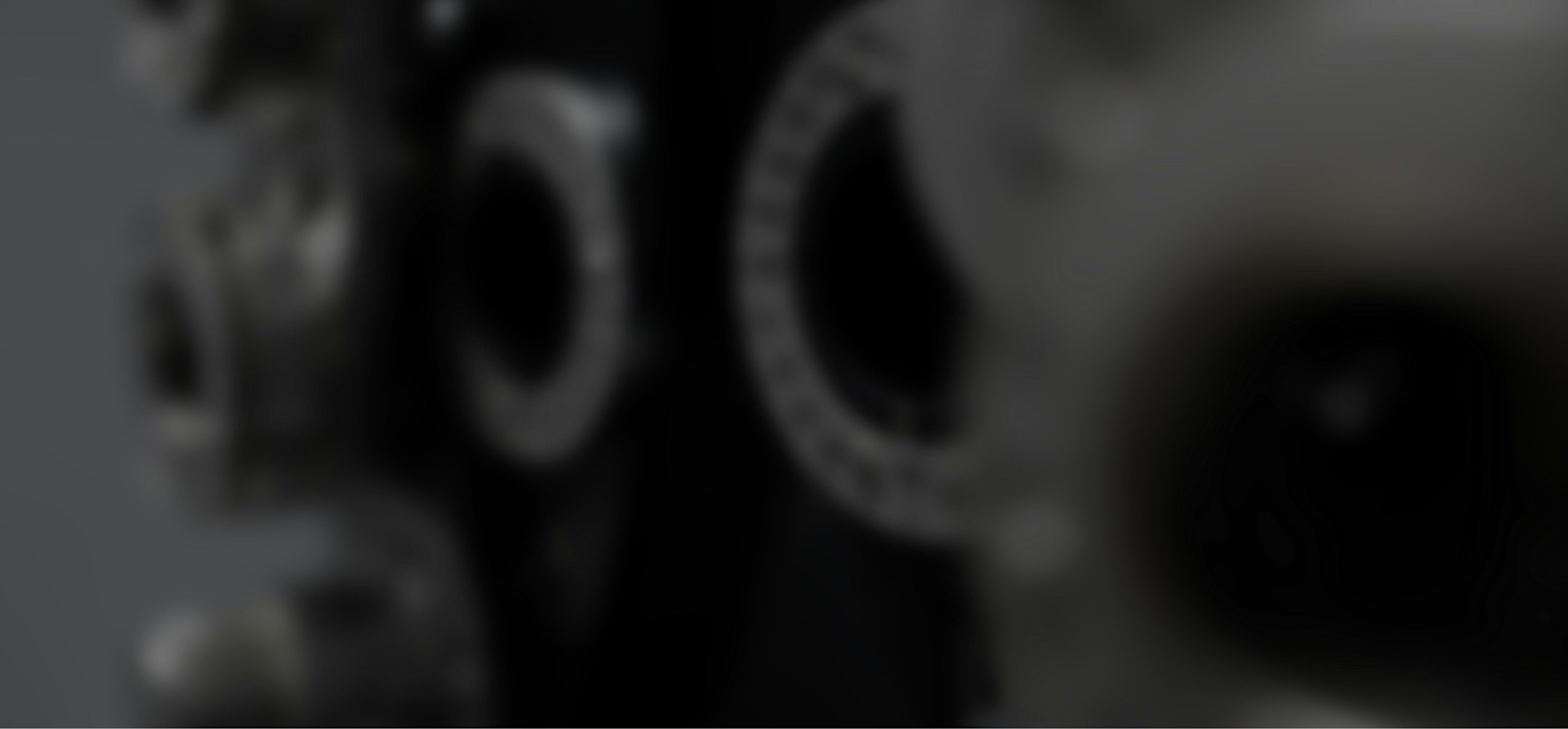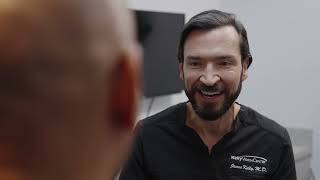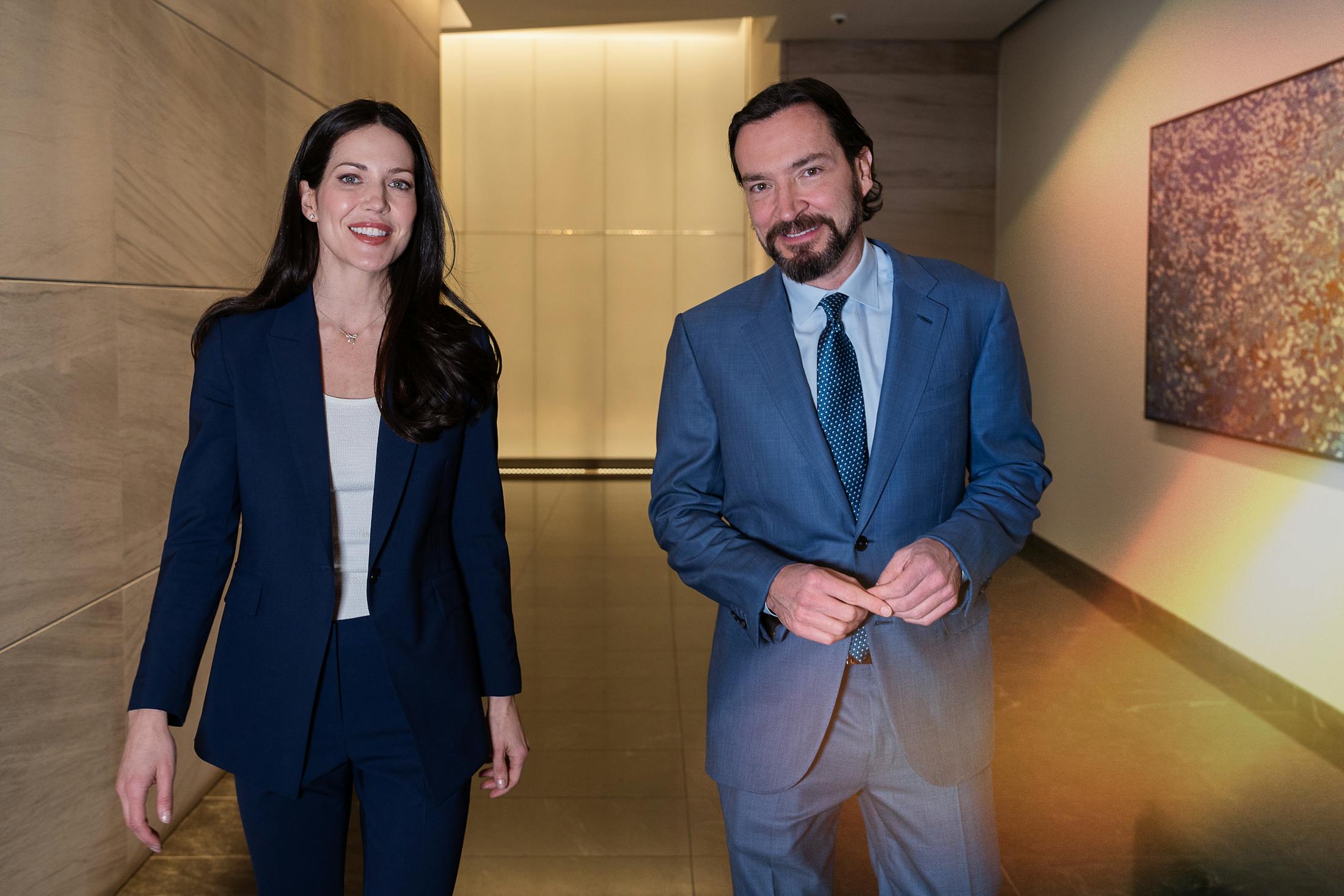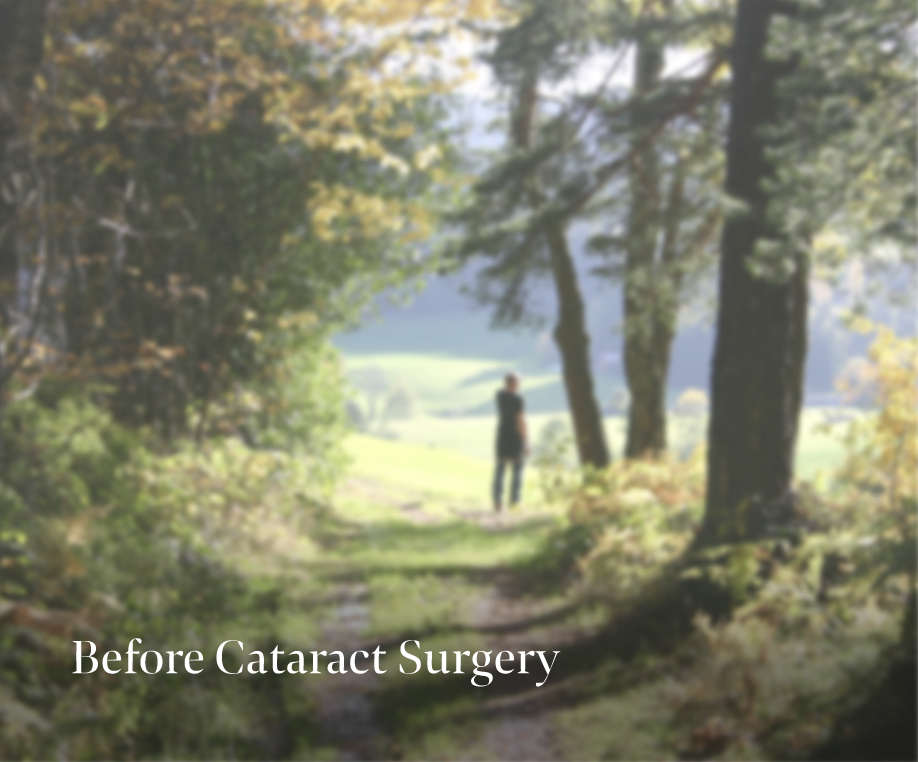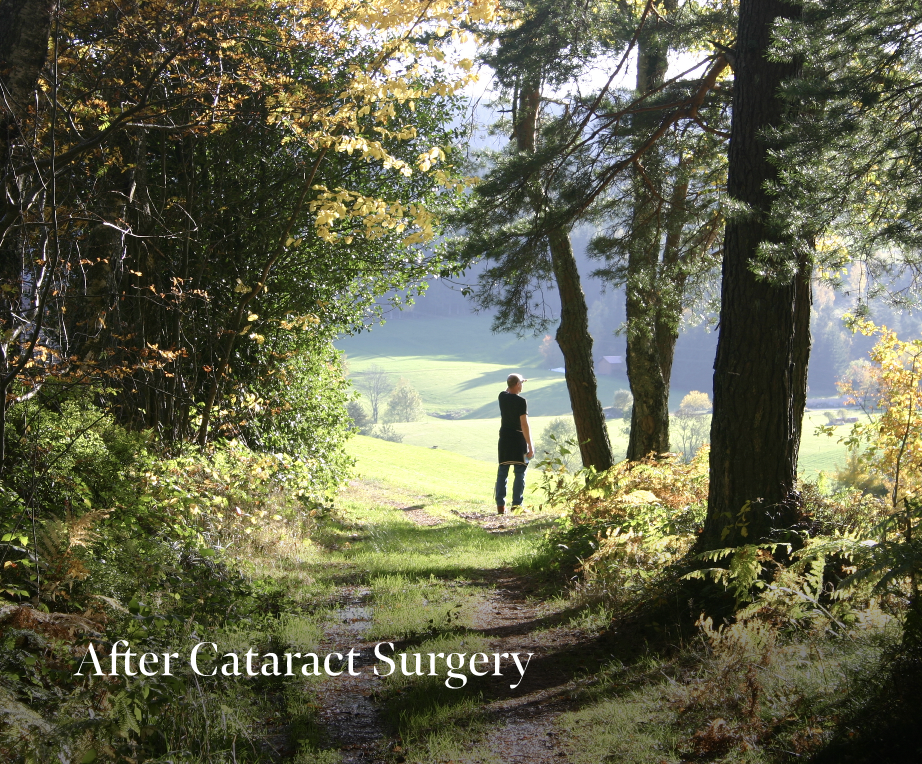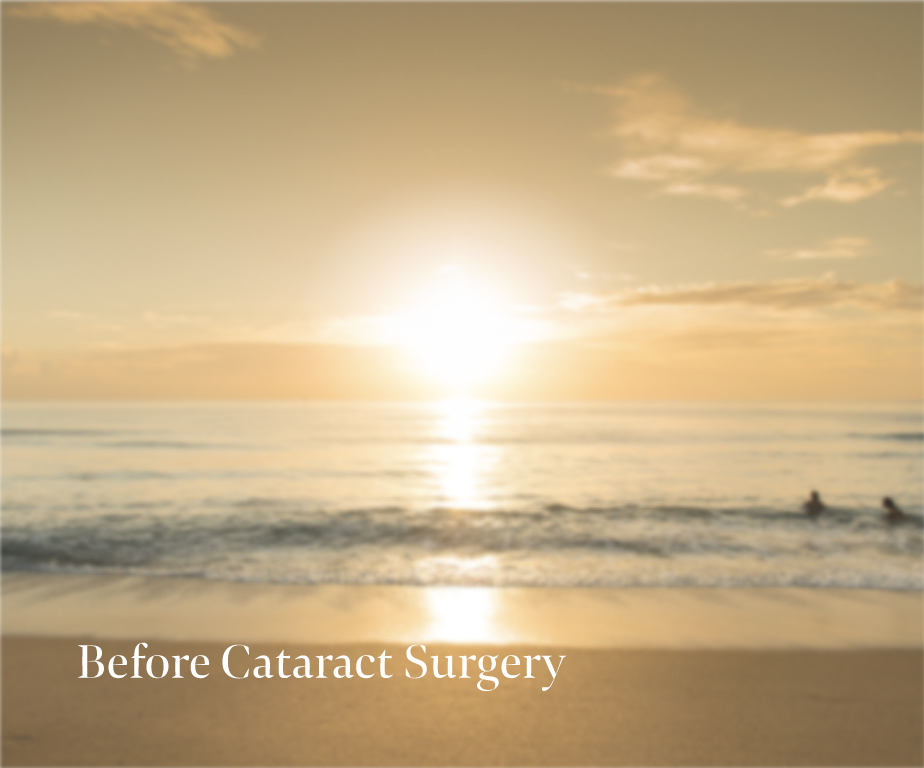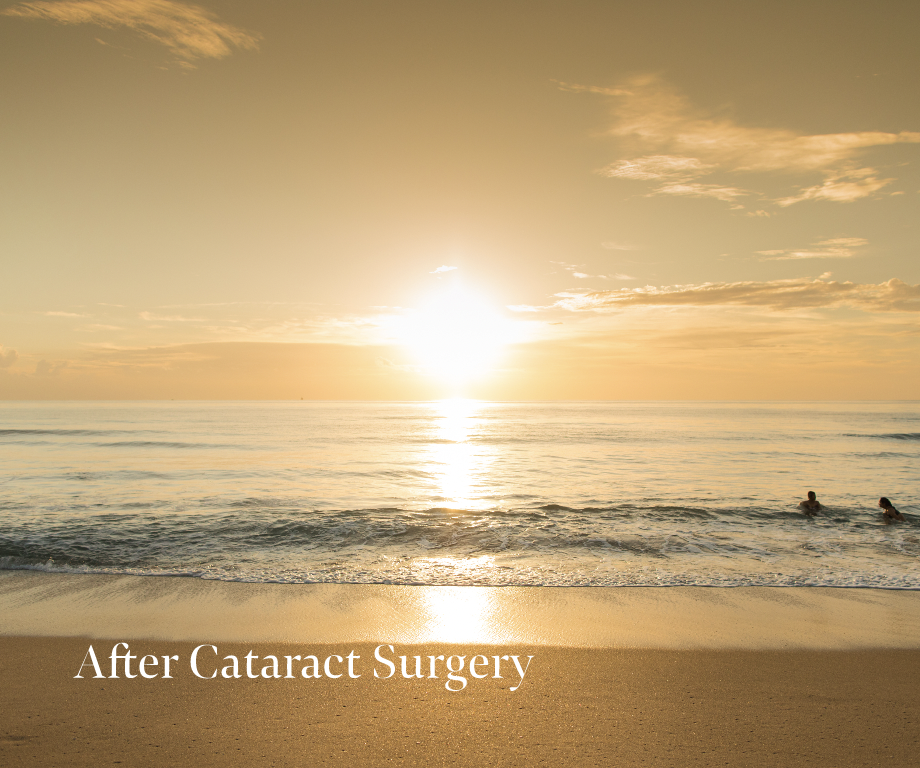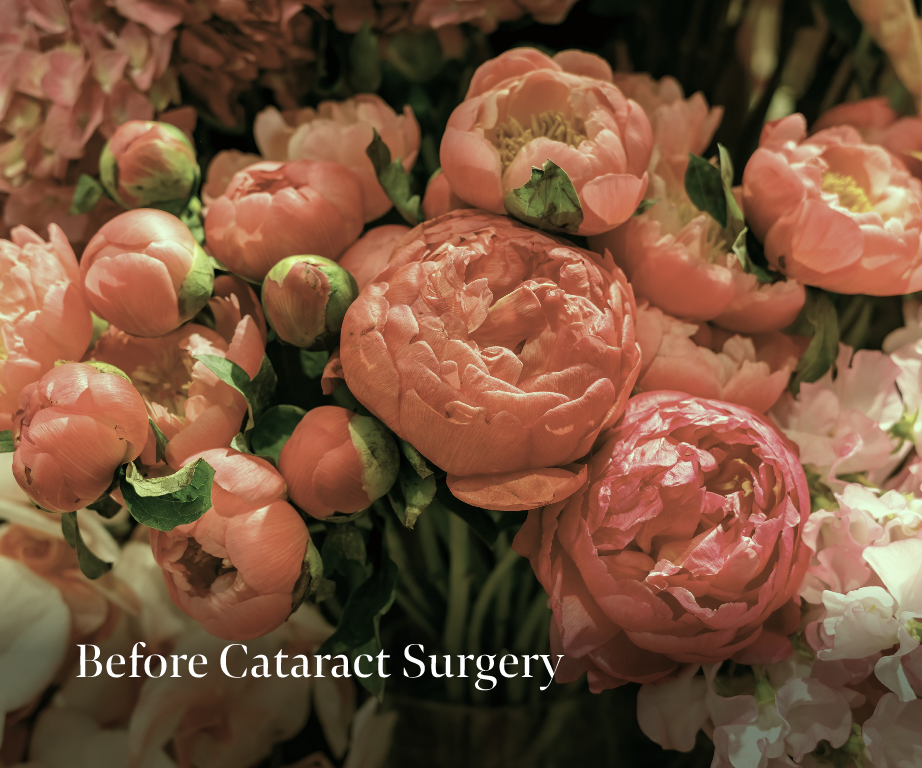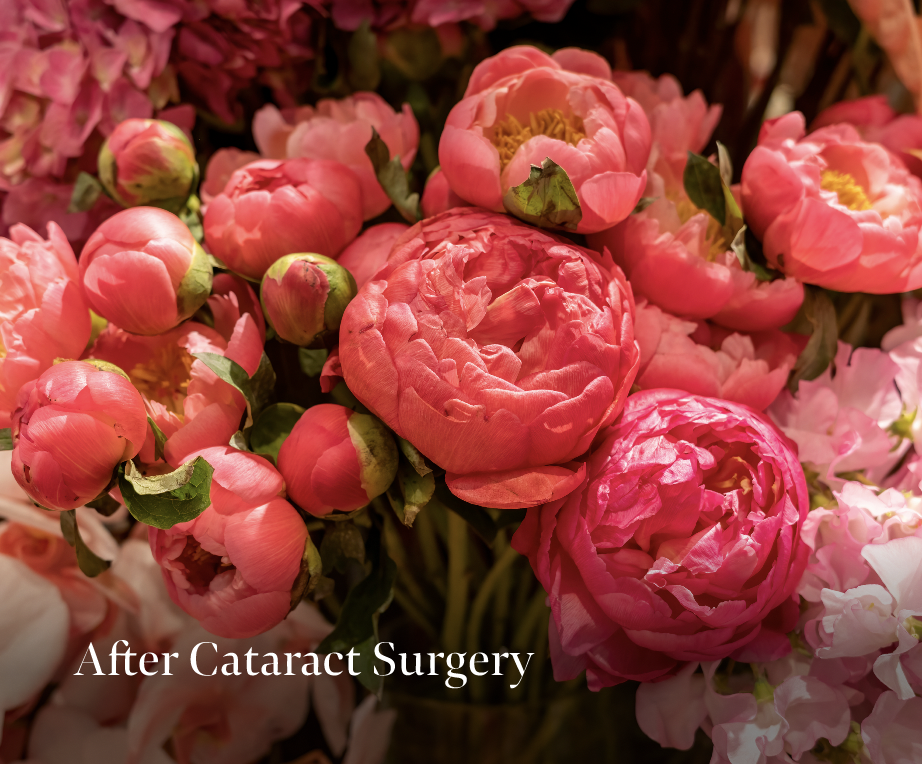Dr. James Kelly
Dr. James Kelly, a board-certified ophthalmologist and refractive surgery expert, leads Kelly Vision—one of the nation’s most advanced vision centers. Trained at Columbia, Cornell, and Manhattan Eye, Ear & Throat Hospital, he delivers personalized, surgical and non-surgical solutions for optimal visual outcomes.
Dr. Ashley Brissette
Dr. Ashley Brissette is a double board-certified ophthalmologist and top NYC specialist in cataract surgery, EVO ICL, LASIK, and dry eye care. Ophthalmologist to the New York Rangers, she’s a recognized Super Doctor known for her exceptional skill, dedication, and personalized care.







